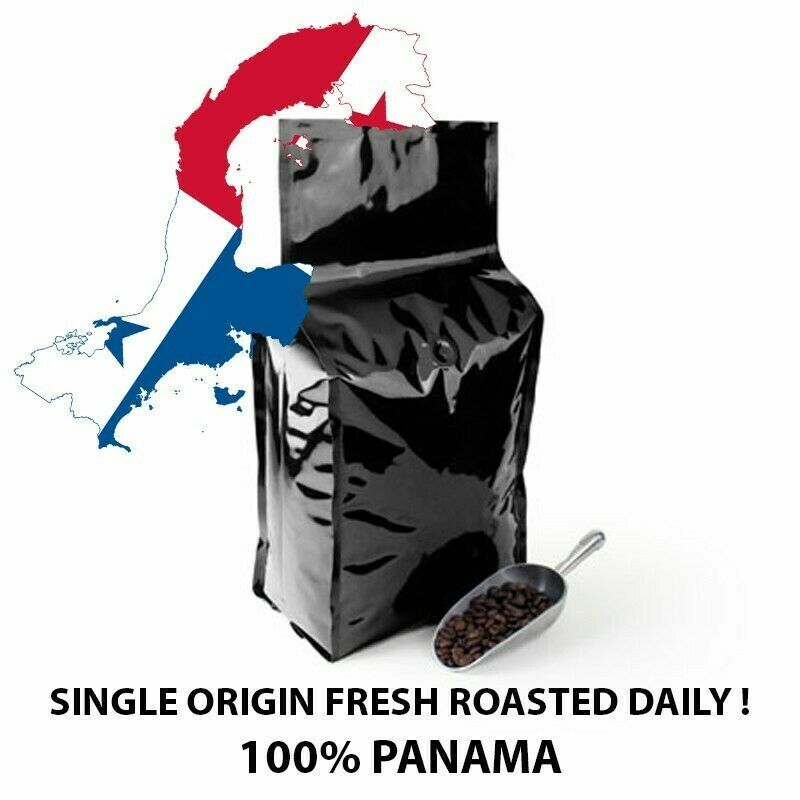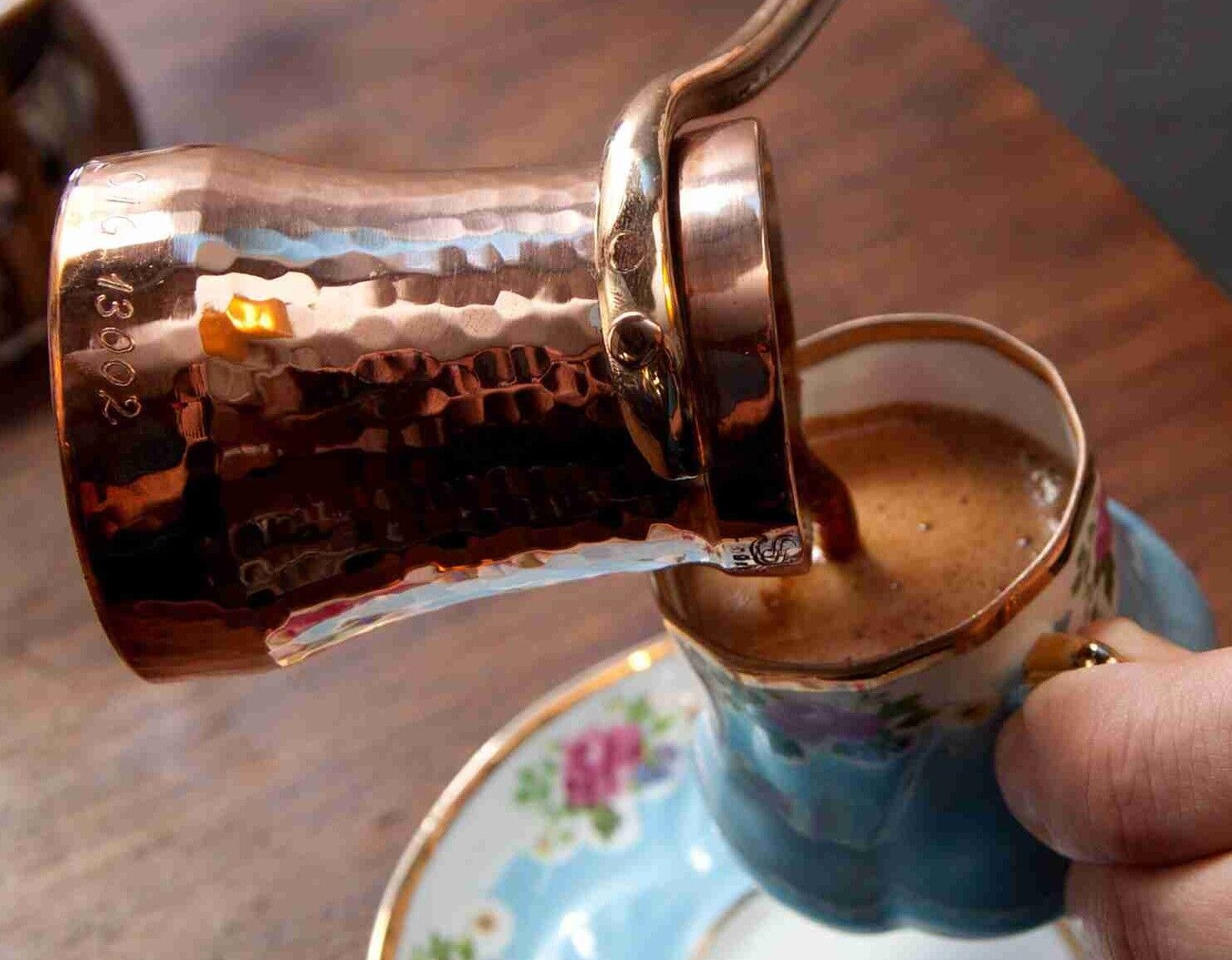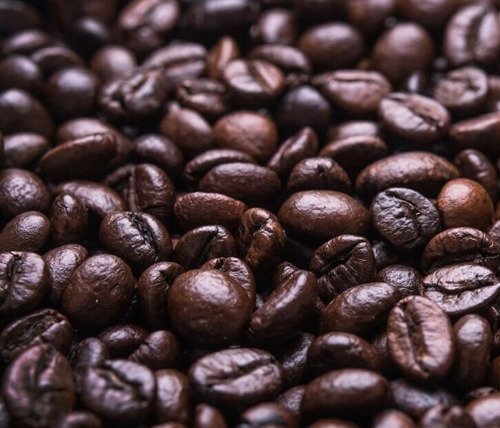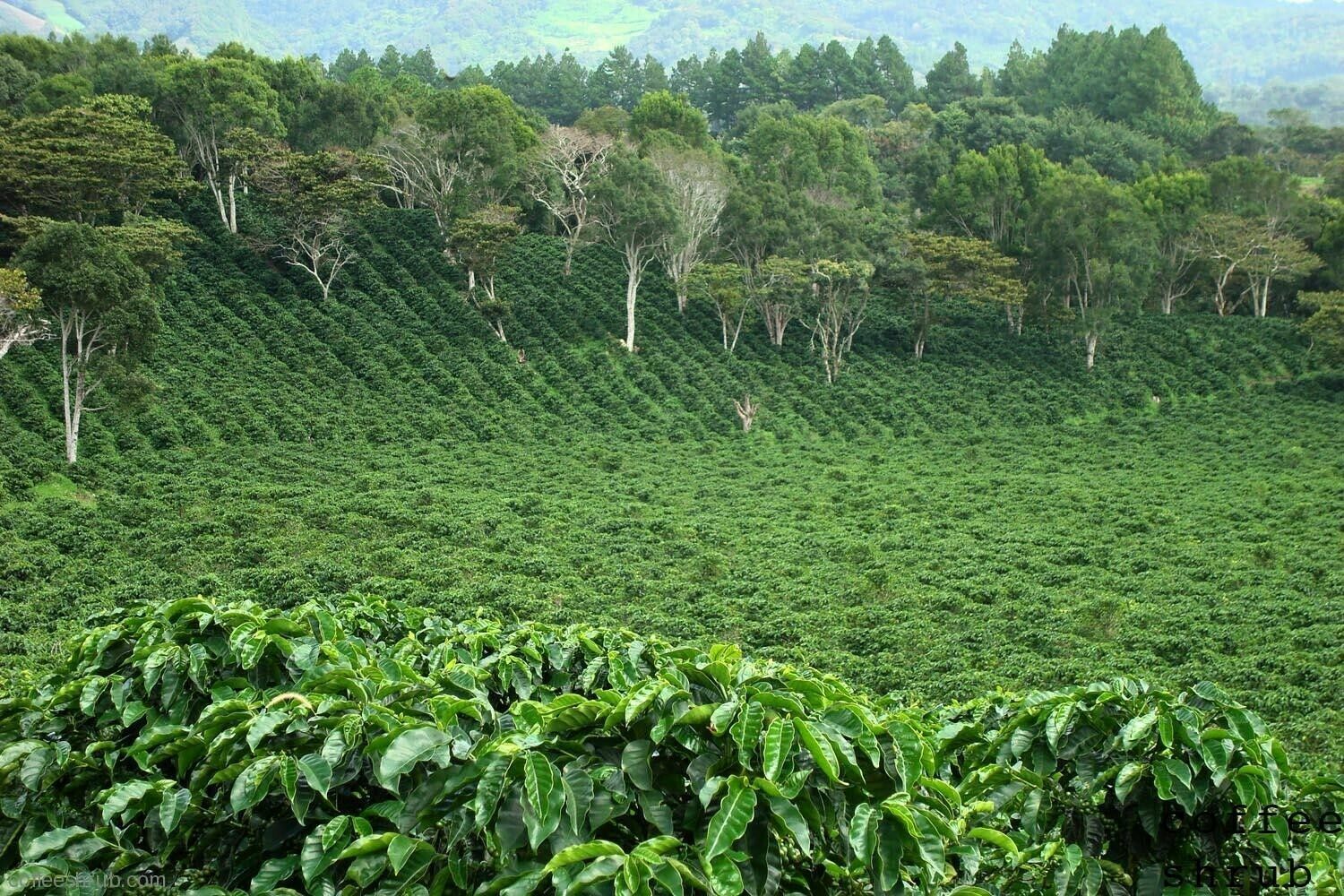-40%
2, 5, 10 LB PANAMA BOQUETE ROASTED COFFEE BEANS WHOLE BEAN Or GROUND - ARABICA
$ 9.5
- Description
- Size Guide
Description
Fresh Roasted Single Origin ArabicaCoffee Beans
PANAMA BOQUETE
Single Origin, 100% Arabica Beans
Package: Heat Sealed Ploy Bag with valve ( 2 lb, 5 lb )
Weight Available in 2, 5, 10 lb (10 lb orders ship in 2 5lb Bags)
Whole Bean, Ground (Turkish {Ultra fine}, Espresso {Fine}, Drip {Coarse}, French Press {Extra Coarse})
Roast Available in Light, Medium, Dark
Coffee is Roasted Fresh Daily !!!
Body:
Balanced
Acidity:
Crisp
Cupping Notes:
Brown Sugar, Tangerine, Butter Pecan, Earthy, with Undertones of Cinnamon
( No shipping or roasting on weekends/ holidays. Orders Received Friday will ship Monday)
We Roast, Sell, and Distribute this Coffee Locally and have been getting requests Nation wide for our great Tasting Coffee !
We have other Coffees available as well check out our Ebay Store for More!
INFORMATION
Region:
Boquete
Growing Altitude:
1500-1700m
Variety:
Caturra, Typica
Grade:
SHB - Strictly Hard Bean
Description
Panama Boquete - is an exotic bean that is growing in popularity in the coffee world. Many people won't buy certain brands if they don't come from the "best coffee countries". Brazil and Colombia have long been considered the top coffee bean producing countries, but Panama is quickly making a name for itself. This gorgeous country has some amazing coffee bean farms that are helping create premium coffees that are savored all around the world. Panama has a rich and diverse climate that provides fertile farmland for coffee beans. The elevation and the volcanic content of the soil help cultivate some of the finest beans. Panama's climate is ideal for this crop. It has a wonderful, moist tropical environment along with good cloud cover. Coffee beans thrive this way. Panama also boasts some of the best coffee bean farms in the world that still use old techniques for growing and harvesting them. Panama has long been undervalued for green coffee, but it has gained fame for having a wide variety of coffee to choose from. Tourists can enjoy visiting the gorgeous coffee plantations to see how the cherries are harvested for the beans as well as enjoy a coffee tasting at the end of the tour. Ranging from some of the more widely available blends to the rare, expensive Geisha bean, Panama is a coffee connoisseur's paradise.
History of Coffee in Panama
There are some indications that green coffee first arrived in Panama as early as 1742, but the first attempts at commercial cultivation didn’t occur until the 1780’s. Planting at low altitudes around the port city of Portobelo, these efforts failed. It would be another 100 years, when coffee was planted in the highlands around the Volcano “Baru,” before commercial cultivation of Panama coffee was successful; however, nearly all coffee grown in Panama was used for internal consumption and the country was better known for exporting tea. Panamanians drank more coffee than they grew and had to import coffee to meet demand until the 1940’s. Exports grew slowly over the years, peaking in 1996 at 181,000 bags. Although there have been a few spikes since then, exports have settled down around 50,000 bags for the last 10 years as producers shifted their focus from volume to quality. More than 50% of coffee production is still consumed domestically.
Growing Coffee in Panama
Panama coffee grows in the west, near the border with Costa Rica in the highlands of Chiriqui, which means “Valley of the Moon.” Most coffee grows in two areas near the volcano Buru: Boquete and Volcan-Candela above 1,500 masl. Many coffee estates in Panama are 30-50 hectares and many coffee families are descendant of American and European immigrants, but there are indigenous farmers and farms as small as a few hectares. Most Panama coffee is washed and sun or machine dried. Panama grows Typica, Caturra, Catuai, Bourbon, San Ramon, Pache, Mundo Novo and, of course Geisha.
Cupping Notes are gathered by using the cupping method to get a general idea of what natural flavor notes a coffee contains.
Flavor profile will vary between different brewing methods and roast profiles.
For Best Results it might be necessary for the coffee to degas 24 - 48 Hours when it arrives at your location to release trapped
gases from within the beans which is a result from the roasting process.
If you have any questions or concerns please feel free to reach out to us.
If there is any issue with your order or you are not satisfied please contact us before Leaving feedback or Contacting eBay so we can help assist you with a resolution.




















